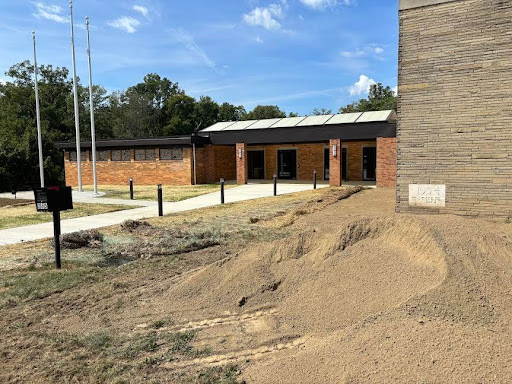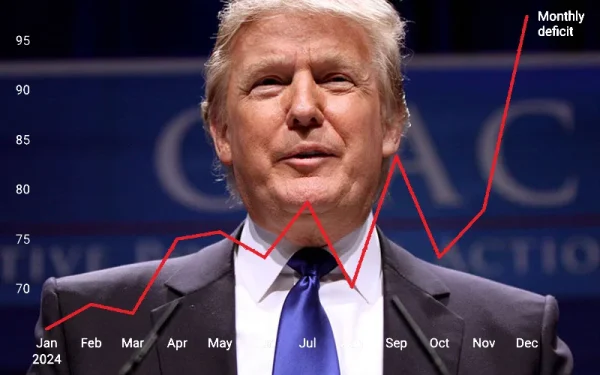Ketanji Brown Jackson nominated to serve as first Black female US Supreme Court Justice

This image was accessed via Google Images under the Creative Commons License
Judge Jackson remarks on her nomination to Supreme Court while at the White House. She stated, “As it happens, I share a birthday with the first Black woman ever to be appointed as a federal judge: the honorable Constance Baker Motley… today, I proudly stand on Judge Motley’s shoulders, sharing not only her birthday, but also her steadfast and courageous commitment to equal justice under law.”
On February 25, 2022, 51-year-old Ketanji Brown Jackson was nominated by President Biden to serve as the first Black female U.S. Supreme Court Justice. More specifically, she was nominated to become the 116th Associate Justice of the U.S. Supreme Court and take over the chair of retired Justice Stephen Breyer, who she served as clerk for early in her professional career. Biden has kept his word to the people: in a 2020 political campaign, he pledged to nominate a Black woman to the Supreme Court so that the “full talents and greatness of our nation” would be represented.
Jackson was born in Washington, D.C., but grew up in Miami, Florida. She had multiple notable accomplishments at Palmetto Junior High and Miami Palmetto Senior High School and graduated from Harvard undergraduate and law school. Her father, who worked in law, inspired her career path, and she was given the unique perspective of having multiple law enforcement officials in her family.
In 2010, Jackson became Vice Chair for the U.S. Sentencing Commission; in 2013, she became a judge on the U.S. District Court for the District of Columbia; and in 2021, she became a judge on the U.S. Court of Appeals for the D.C. Circuit. Jackson was also an editor for “Harvard Law Review,” a former federal public defender, and worked as a lawyer, representing poor criminal defendants. Her experience provided her another unique perspective regarding diverse and broad public service.
Before Jackson is able to be confirmed as U.S. Supreme Court Justice, she must be questioned by politicians in confirmation hearings on judicial ethics, her legal career, and legal record. These are currently scheduled for March 21, 2022. If confirmed, she will not only sit alongside the Court’s second Black justice, Clarence Thomas, but also become the first former federal public defender to serve on the Supreme Court and first justice in decades to have worked as a lawyer in representation of poor criminal defendants.
Assistant Principal Dunn gave insight on his thoughts about Jackson’s nomination.
He said, “She is representing an often-neglected viewpoint in our demographic,” relating to one of Biden’s statements: “For too long our courts haven’t looked like America.”
Dunn commented that with there being other good candidates, it “says a lot personally for her” that she was chosen as nominee and he is in agreement with Jackson’s belief that she is standing on the shoulders of giants. If confirmed, she would be the sixth female justice and third African American justice, as well as the first African American woman to serve as U.S. Supreme Court Justice.
Dunn believes Jackson’s nomination is of great importance since a U.S. Supreme Court Justice has monumental influence. It is a major responsibility for Biden to appoint a new judge who will serve in the U.S. judiciary well, especially since the judge’s term is served for life.
Above all, Dunn believes it is essential to value meritocracy and what a person can contribute. He is unsure what will occur regarding criminal justice reform as he cannot personally say what will happen, but he stresses the importance of reform, especially considering the politicization of criminal justice by both political sides.
In brief, Judge Jackson, who has been nominated to become a U.S. Supreme Court Justice, is preparing for confirmation hearings, which will determine whether or not she will serve. If confirmed, she will make history as the first Black female justice, the first former public defender, and the first justice in decades to have worked as a lawyer representing poor criminal defendants.





